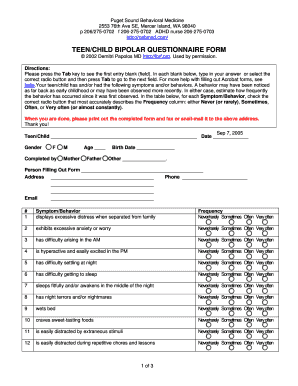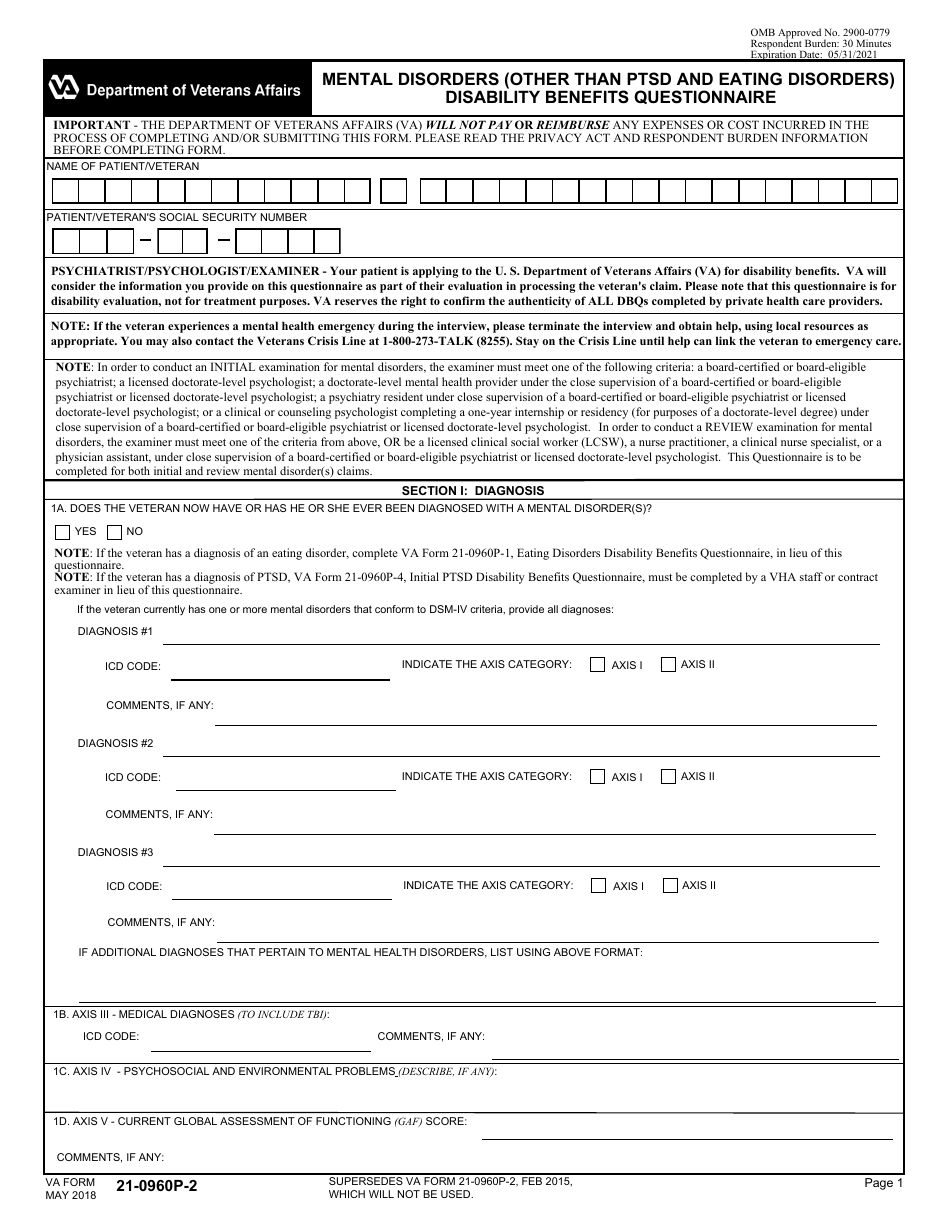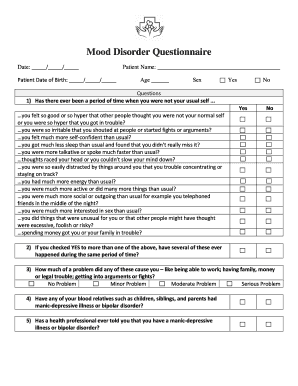
Share on Pinterest Research has shown that those with PTSD may be at higher risk of alexythemia.Ī few small studies suggest that alexithymia is higher among those with PTSD. being male, with one study reporting that men experience alexithymia almost twice as often as women.Research reports that people with injury to a part of the brain known as the anterior insula experience increased levels of alexithymia. Examples of environmental factors include a history of childhood trauma, the presence of a physical or mental health condition, or socioeconomic factors. The same twin study also indicates that environmental factors play a role in alexithymia.

People are more likely to have alexithymia if a close relative also has it. Research on twins indicates that there is a genetic component to alexithymia. Some studies suggest that it may result from one or more of the following: Share on Pinterest A person may be more at risk of alexithymia if they have a close relative with the condition.Įxperts do not understand the exact cause of alexithymia. These issues can lead to difficulties in social settings and interpersonal relationships. struggle to communicate their emotions to othersĪlexithymia also makes it difficult for people to identify and respond to emotions in others.


The word comes from Greek: ‘a’ meaning lack, ‘lexis’ meaning word, and ‘thymos’ meaning emotion - overall, it means having a lack of words for emotions. Peter Sifneos, a psychiatrist and professor emeritus of psychiatry at Harvard Medical School, first described alexithymia in the early 1970s. It is not a clinical diagnosis, and mental health professionals do not consider it a disorder, although it may occur alongside some mental health conditions.

Researchers describe alexithymia as a construct relating to a difficulty experiencing, identifying, and expressing emotions. Share on Pinterest A person with alexithymia may find it hard to communicate their emotions to others.


 0 kommentar(er)
0 kommentar(er)
